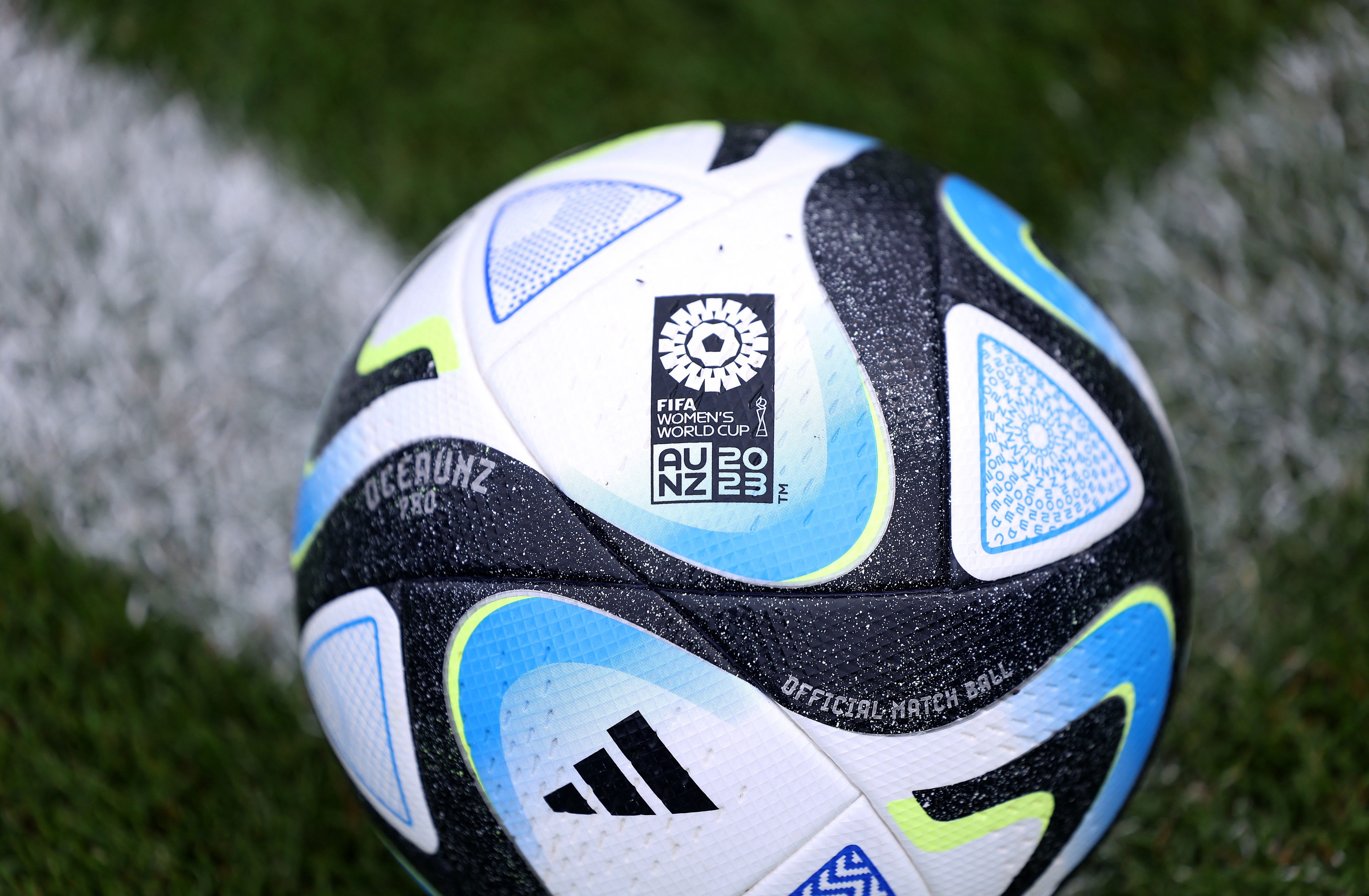Despite controversy, World Cup looks to be stepping stone for women's football

Thanks to a relatively light sports summer, the FIFA World Cup for Women in New Zealand and Australia will enjoy a lot of attention. But despite some positive evolutions in recent years, women’s soccer still stands in the shadow of its male counterpart.
Women’s football has a lot of positive momentum. Last year’s UEFA Euro tournament was the most watched women’s tournament ever, with around 365 million viewers in total, more than double the number for its predecessor in 2017 and four times as many as the 2013 edition.
However, the lead-up to the World Cup did not go as smoothly as FIFA expected. While the broadcasting rights for the men’s and women’s World Cups used to be sold as a package, the organisation sold the rights for this tournament separately.
'A slap in the face'
It rejected initial offers from the five biggest European countries - England, France, Germany, Italy and Spain - as “too low”. President Gianni Infantino threatened a broadcasting blackout, calling the offers “a slap in the face”. The broadcasters finally reached an agreement with FIFA in June for an undisclosed amount.
Infantino framed the broadcasting dispute as a fight for women’s rights, wanting to use the broadcasting money to equalise prize money with the men’s World Cup by 2027. But critics saw this statement as hypocritical: for example, the president personally pushed for sponsorship from Visit Saudi, a country notorious for restricting women’s rights. That deal was eventually put on ice after backlash from players and organisers.
Furthermore, the world players' union Fifpro denounced the poor pitches during the qualifiers and a lack of proper medical checks, saying that FIFA must improve conditions for all players during the qualifications for the next World Cup.
Stepping stone
Despite these controversies, football federations are hopeful the World Cup will become another stepping stone for women’s football. However, it will be almost impossible to top the attendance figures from last year’s Euros, where close to 90,000 fans saw England win the trophy at Wembley Stadium in London.
The FIFA Women’s World Cup 2023 starts on 20 July at 18.00 local time, with a match between co-host New Zealand and Norway. Belgium didn't qualify for the tournament.
© FRANCK FIFE / AFP